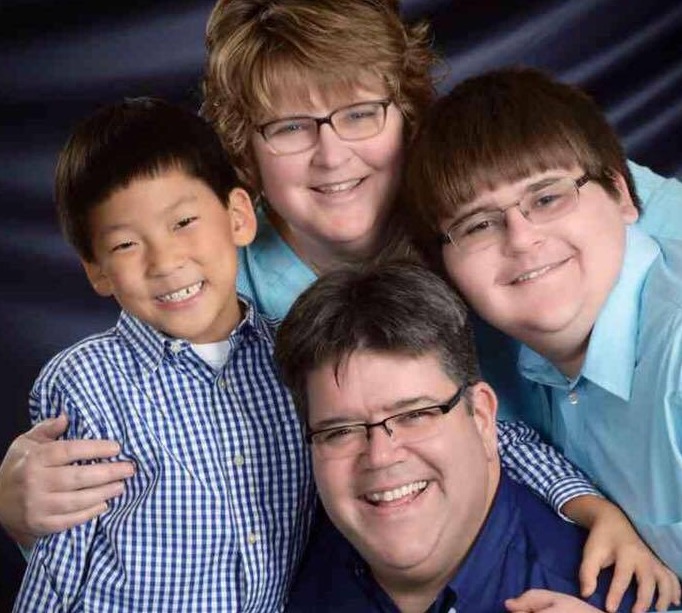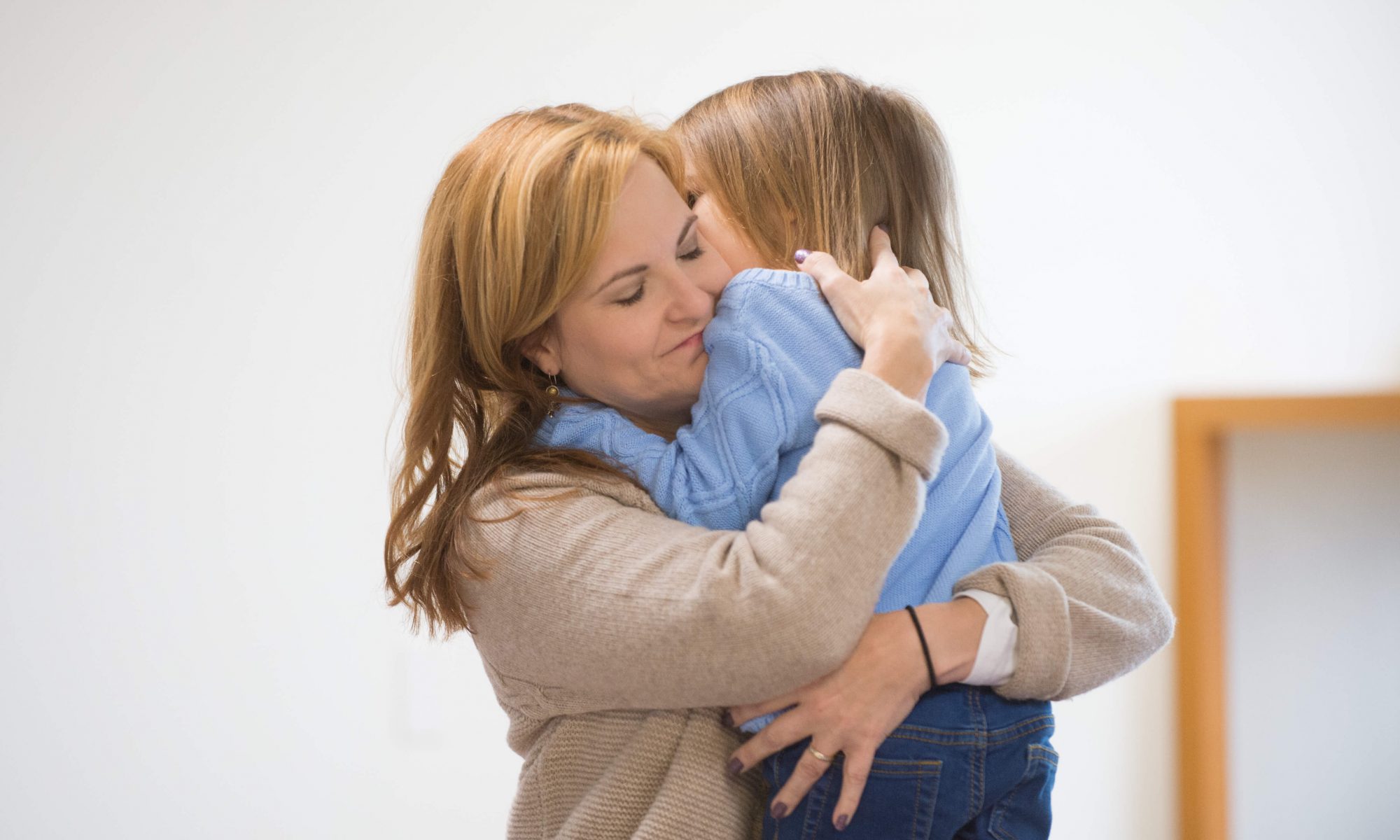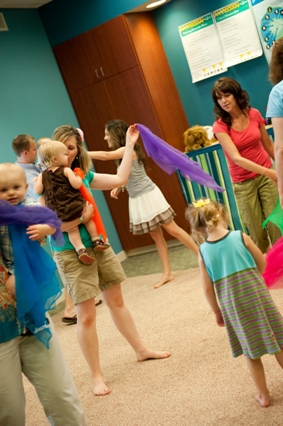[vc_row][vc_column][vc_column_text]Mark and Kim Elicker and their son Ethan were a wonderful family, but they all had so much more love to give. About six years ago they traveled to China to adopt two year old Alex. This is his story – a story of endless love and musical magic.
[/vc_column_text][/vc_column][/vc_row][vc_row][vc_column][vc_column_text]
Kindermusik for Ethan
Before Alex came home to his family, Kim, an early childhood educator herself, took her son Ethan to Kindermusik from the time he was a baby until he aged out. Lydia Klinger was their Kindermusik educator and really drew the family in. Kim shares why she choose Kindermusik:
Lydia was the reason we started and fell in love with the program. With Ethan I admit I valued the social benefits of being with other Mom’s and families. As an early childhood educator I connected with the developmental appropriateness of the curriculum. Years later when we adopted Alex, I once again became a stay at home mom and I wanted that connection to other families. I chose Kindermusik again with Alex because I loved it so much with Ethan, but I honestly, remember seeking activities that I believed would foster our bond and attachment.
[/vc_column_text][/vc_column][/vc_row][vc_row][vc_column][vc_column_text]

[/vc_column_text][/vc_column][/vc_row][vc_row][vc_column][vc_column_text]
Alex Comes Home
When Alex came home with the Elickers at age two he wasn’t very verbal. He was a child surrounded by sounds he had never heard. Occasionally, he’d speak a word or two of Mandarin, like mā-ma (mother), bà-ba (father), gē-ge (older brother), and siè-sie (thank you).
Dr. Boyle: When Alex came home with you, how would you describe him?
Kim Elicker: He was quiet and energetic, though when he first came home he didn’t have a lot of stamina. He was curious and resourceful! He could play with a bucket, a box of crayons, and a paper bag. That was just him – he didn’t need anything fancy.
DB: You mentioned he wasn’t very verbal.
KE: He wasn’t. And that’s a typical very typical of children who are adopted into a family who speaks a different language than he was born into.
DB: Right…so what he had been hearing for the first two years of his life, he’s wasn’t hearing that any more and was a completely different environment for him.
KE: Exactly. In our situation, everything changed – what he saw, what he heard, what he smelled, even what touched his skin. It was all very different.
DB: So…you shared with me that on days he was going to Kindermusik, Alex tended to be more verbal.
KE: Yes. In the beginning, receptively he picked up English rather quickly. He was following simple one step directions.
DB: Little kids are sponges.
KE: Yes! But his communication pretty much shut down verbally. We expected that from classes we took before the adoption. His brain was switching gears. We read to him, we talked to him, we engaged him all the time, but he didn’t attempt to speak a lot.
When we started Kindermusik, in the beginning much of it was listening in that particular first program he was in. I noticed his concentration level – his focus – was very intent. He would be very tired those afternoons after Kindermusik in the morning!
By his second set of classes, I started noticing a change. We’d go to Kindermusik, we’d have lunch, and the rest of the day he’d be much more talkative. He’d attempt new words. Anytime he tried new words, it seemed to be on Kindermusik days. Once I noticed the pattern, I really started paying attention to it. It followed this trend for about a year.
DB: And did you take part in the classes with him?
KE: Yes.
DB: That’s great. There’s all this research out there that tells us that because of the way music impacts the brain, when you make music with another person, it builds empathy between you and the other person, it builds trust between you and that other person. You can become more comfortable with that person when you share a musical experience.
KE: That’s an interesting take on my situation. When you are first adopting you need to build trust. That’s part of the attachment process. It’s an interesting thing for me to hear you say – it makes total sense![/vc_column_text][/vc_column][/vc_row][vc_row][vc_column][vc_column_text]

[/vc_column_text][vc_column_text]DB: Sounds like Kindermusik was an important part of Alex’s process.
KE: Yes! I remember sharing the news of Alex’s increased verbal activity with Lydia, our Kindermusik educator. She said it just gave her chills! She was excited to get that feedback.
DB: I would imagine! Kindermusik is certainly fun with music and movement, but the mission is really to help kids develop socially and emotionally…getting them to interface with other kids and have positive interactions with adults. It helps them move through those developmental domains.
KE: Certainly. And in our case, it was quite obvious because he wasn’t really verbal at all…it was very easy to pick up on when was happening.
DB: It’s just so cool to hear about this – a very specific situation in which music helped a child affected by a rather involved transition find his voice. That’s music reaching parts of the brain that everyday speech or conversation does not. I would imagine that music coupled with music was helpful.
KE: Yes! That was his other area. According to the typical US standard, he would have been lacking in gross motor. Within six months he had caught up. The movement in the class was beneficial.
DB: That’s great. So how long did Alex do Kindermusik?
KE: He was five, almost six when we stopped. When we love something we stick with it![/vc_column_text][/vc_column][/vc_row][vc_row][vc_column][vc_column_text]

[/vc_column_text][vc_column_text]Kindermusik was a very important part of the Elickers lives. Ethan, now 15, lives for the trumpet and plays as often as he can. And Alex? He’s going into third grade this fall. He’s taking piano lessons and singing in church. His ultimate goal is to play organ!
Lydia, their Kindermusik Educator, retired after 20 years of serving musical smiles to her community. She now plays with the Harrisburg Symphony. The Elickers still keep in touch with her. Recently, she arranged a meeting with the Symphony’s guest trumpeter, Allen Vizzuti and Ethan.
For the Elickers, participating in Kindermusik classes helped smooth the complex process of an international adoption, helping Alex open up and explore his verbal possibilities in his new language. As an educator, Kim knew exactly what was happening. As a mom, she got to see music work its magic in her son’s young life. Friends, that’s why Kindermusik Educators do what they do. They are in it to change lives.[/vc_column_text][/vc_column][/vc_row][vc_row][vc_column][vc_column_text]

[/vc_column_text][/vc_column][/vc_row]




